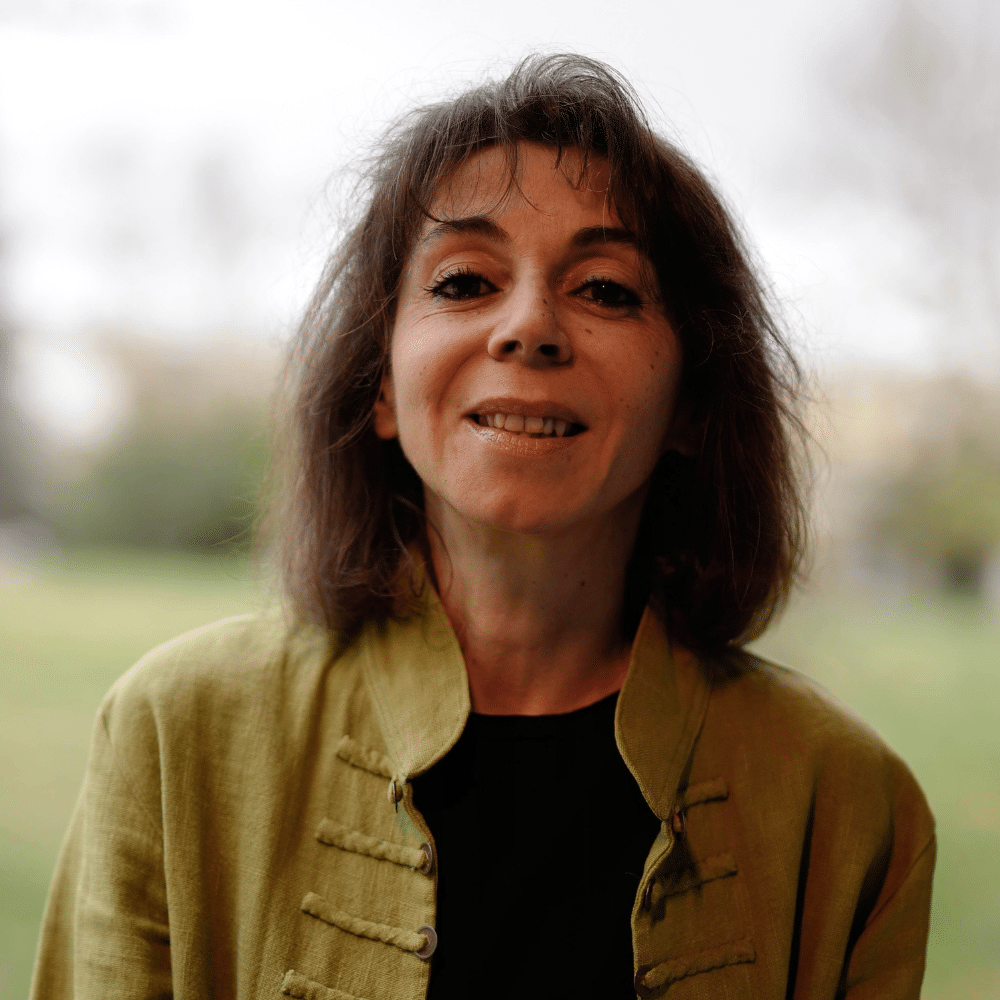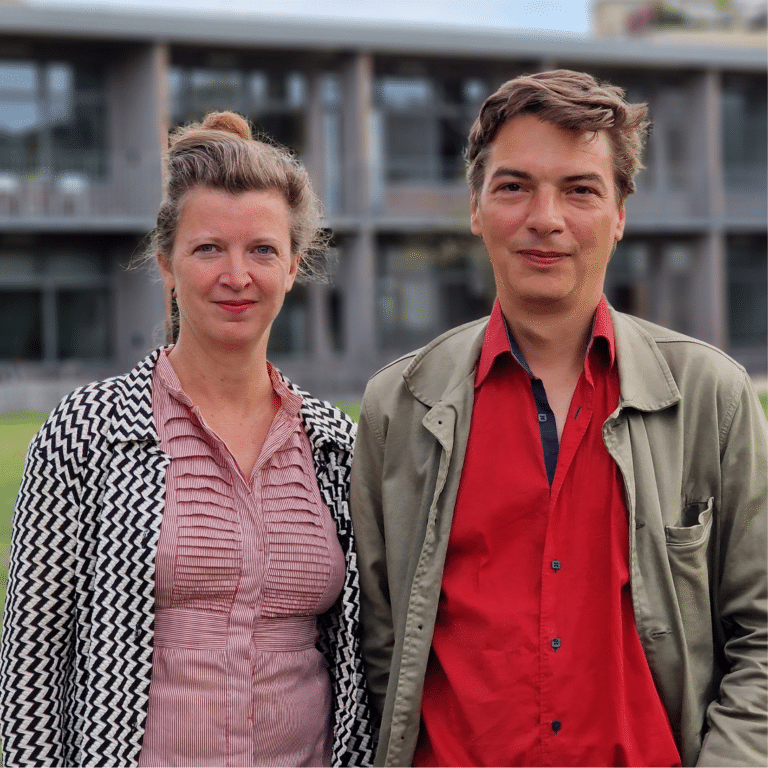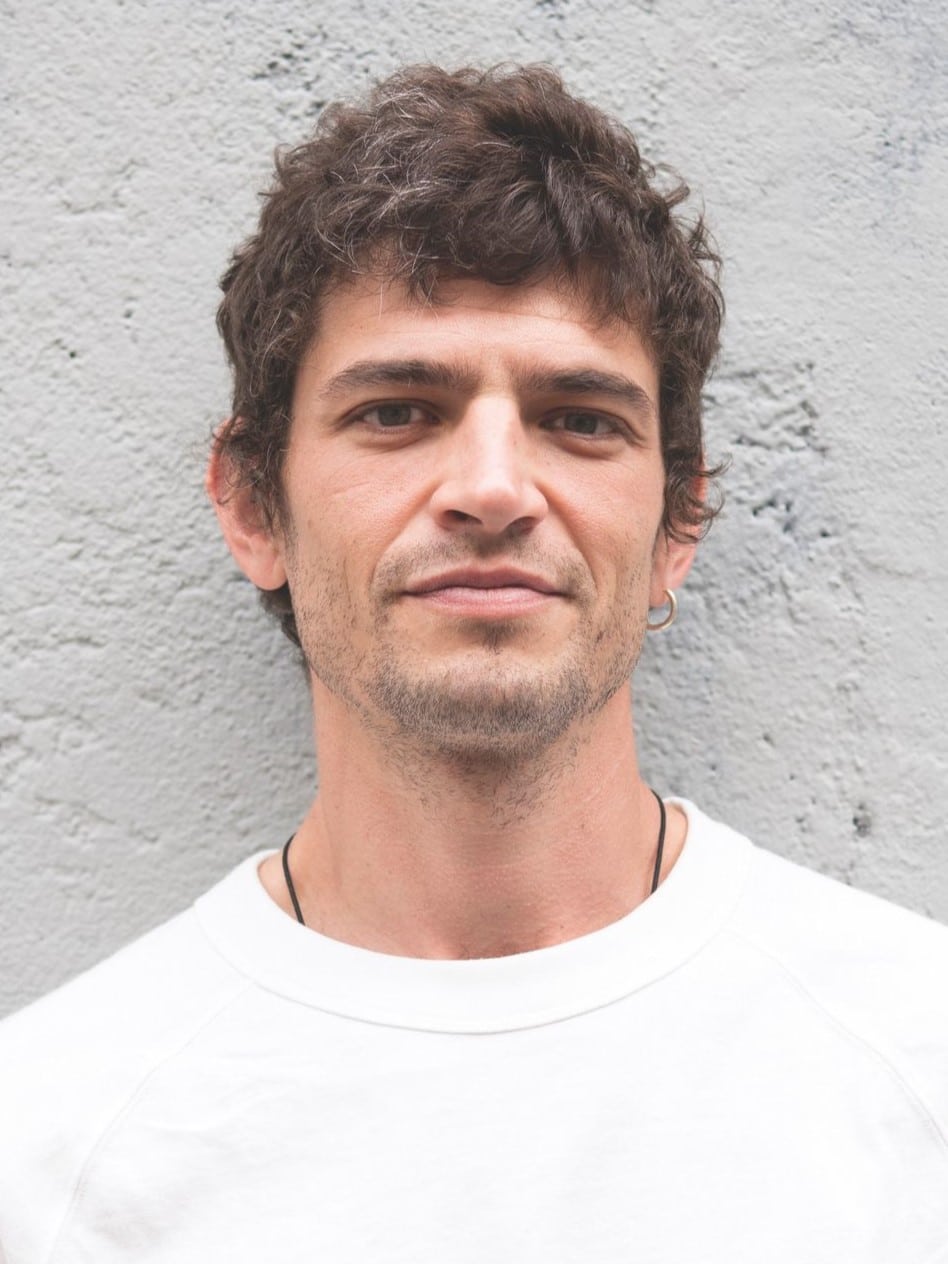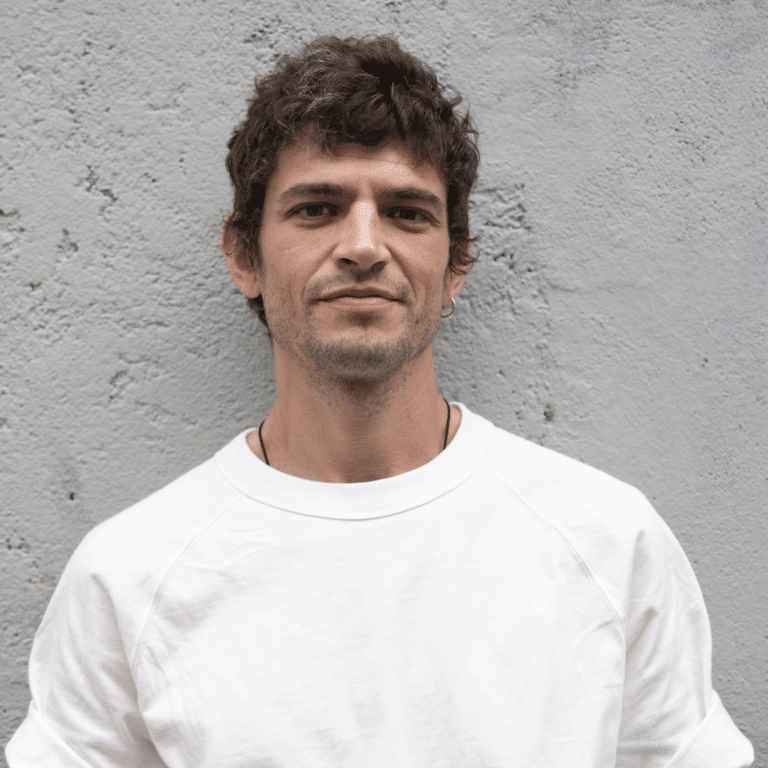
Carole Baudin
Research project
Sensitive Transitions
Summary of the research project
Carole Baudin’s research project at IMéRA, the Institute for Advanced Study of Aix-Marseille University, aims to explore the sensitive dimensions of evolving work. Utilizing an interdisciplinary approach, the study highlights the impact of transformations on perceptions, sensations, and sensitivities involved in professional practices.
Redefining the Meaning of Work in Times of Change
In recent years, various dynamics such as new forms of governance and business management, digitalization, environmental transition, and territorialization have profoundly disrupted the world of work. For many individuals, these changes have raised fundamental questions about the very meaning of their professions, prompting ontological, epistemological, and methodological inquiries. However, only few studies have delved deeply into the question of meaning within the context of professional developments.
The “Sensitive Transitions” Project: Exploring Dimensions of Meaning
The research project “Sensitive Transitions,” led by Carole Baudin at the Institute for Advanced Studies of Aix-Marseille University (IMéRA), is based on the hypothesis that ongoing transformations in the world of work deeply affect its “sensitive” dimensions. This notion refers to the aspects of senses and meaning embedded in professional activities. With this perspective, the project offers an innovative approach by bringing together ethnology, activity-centered ergonomics, and artistic disciplines such as dance and photography to grasp, analyze, interpret, and intervene in the sensory, perceptual, and sensitive dimensions present in evolving professions.
An Interdisciplinary Approach to Understanding Sensitive Change
For nearly two decades, Carole Baudin has explored the connections between the body and technology in various mediated activities. By studying digital transitions in the workplace, she has bridged the gap between artistic disciplines and the sciences. Particularly, dance and photography have proven to be valuable tools for capturing and conveying the realm of the senses. This interdisciplinary approach enables the development of concepts and methods to study the “volatile” and less explored aspects of evolving sensitive experiences.
Evolving Professions and Sensitive Dimensions
At the heart of the “Sensitive Transitions” project lies the in-depth study of professions in transition, aiming to identify sensory and perceptual changes. Carole Baudin focuses particularly on agricultural professions, such as winemakers, who face multiple challenges related to digitization, mechanization, and economic and environmental pressures. By studying these professions through the lens of sensitive dimensions, the project seeks to reveal subtle yet profound transformations that affect not only professional practices but also the relationship with nature and work itself.
The Art of Understanding the Sensible in Work
The project comprises two complementary components. The first part implements an interdisciplinary field study where dancers and photographers analyze gestures and evolving professional practices. These analyses contribute to a deeper understanding of the sensitive dimensions engaged in work. The second part focuses on methodology, aiming to develop specific “technographies” for describing and analyzing these sensitive dimensions. Co-construction workshops will bring together researchers, practitioners, and sector stakeholders to devise transformative tools and approaches that account for the evolving sensitive realities within work.
KLAP, the house of dance, is a research partner in this project.
Biography
After training in mechanical engineering and innovation engineering, during which she deepened her understanding of ergonomic design and sensory design, Carole Baudin naturally transitioned to social anthropology with the goal of studying and integrating human and social dimensions into innovation processes and practices.
In the early 2000s, during her doctoral research conducted at the Laboratory of Ethnology of Contemporary Worlds at Paris VII, she revisited the principles of ethnomethodology and situated and embodied cognition to better understand the sensory dimensions at play in usage and design practices by engineers, all while working as a consultant for numerous industrial groups and institutions.
Subsequently, she focused her research work, with a continued transformative purpose, on perceived dimensions and sensitive connections woven into human activities mediated by technical systems.
Whether during the 10 years spent at the University of Santiago in Chile as a professor and head of the Industrial Design Technology program, or later as a professor and head of the Anthropotechnology research laboratory at the University of Applied Sciences and Arts Western Switzerland in Neuchâtel, her intervention research projects led her to develop an anthropological and sensitive approach to industrial, technical, and social dynamics, enriched by diverse fields and themes.
Today, as a teaching researcher at HES SO in Switzerland, she is an associate member of the Health and Society Research Laboratory (LaReSS) at the University of Applied Sciences and Arts Western Switzerland in Lausanne, and also teaches at the University of Applied Sciences and Arts of Yverdon-les-Bains. She also independently pursues a portion of her research, moving fluidly between the communities of ergonomic and anthropological research and project clients and partners.
Using an ethnographic approach to activity, she draws on the principles of the anthropology of techniques and an anthropology of the body and the senses, aiming to place the primacy of the sensing, thinking, and acting body at the heart of analysis and intervention in sociotechnical systems. This approach now develops at the intersection of disciplines, generating fruitful theoretical and methodological interactions between the worlds of dance, engineering, ergonomics, photography, and sensory ethnography in an exploration of new forms of writing social dynamics.



